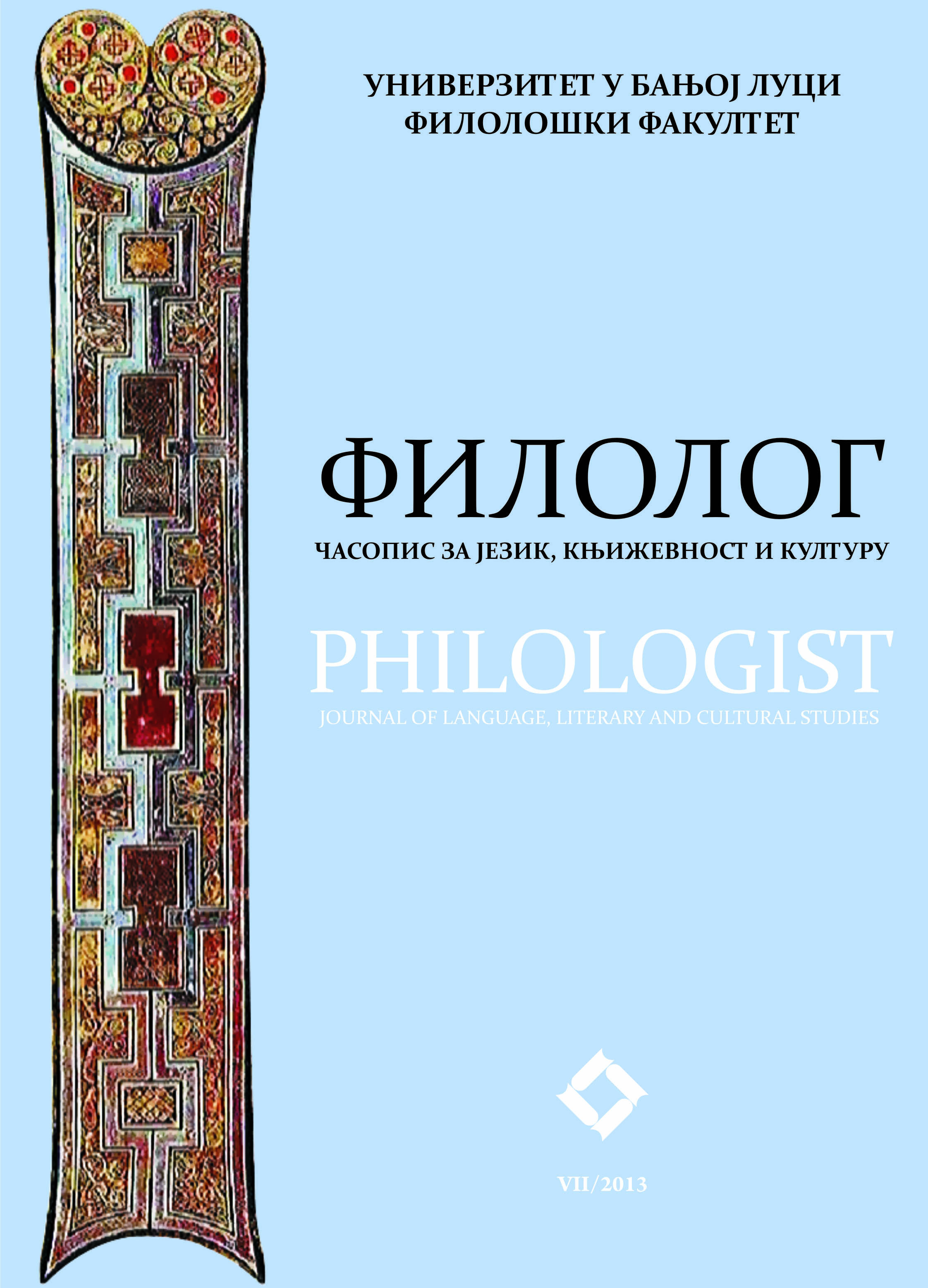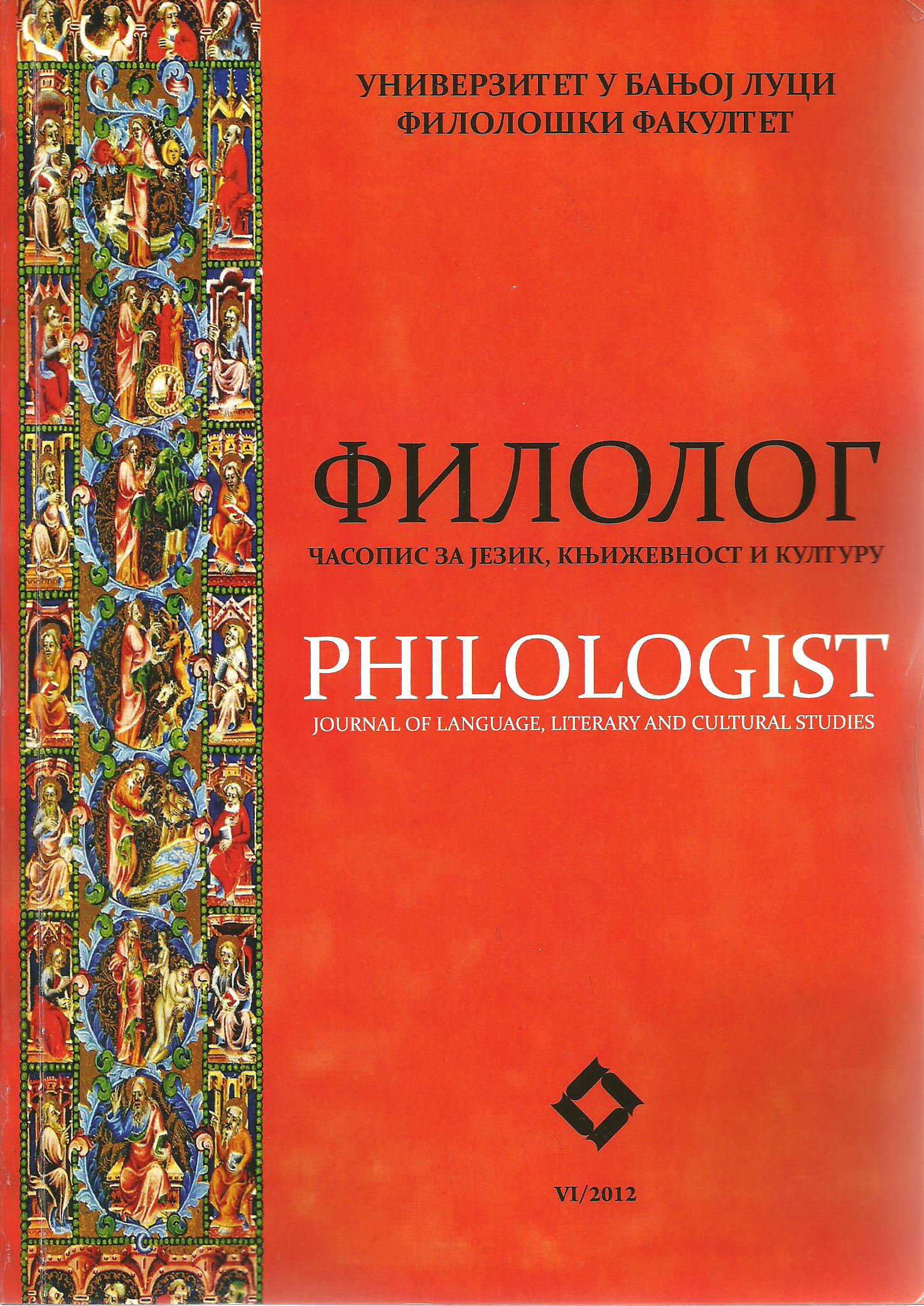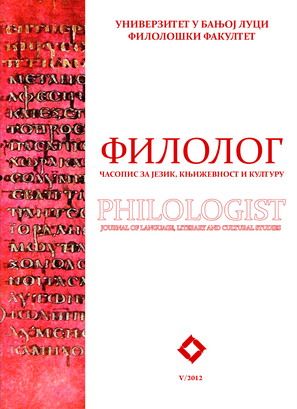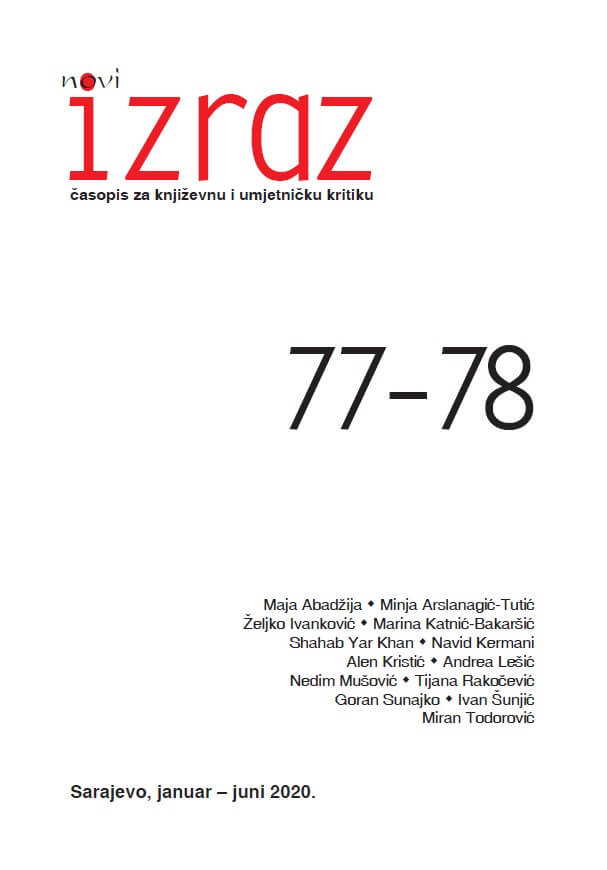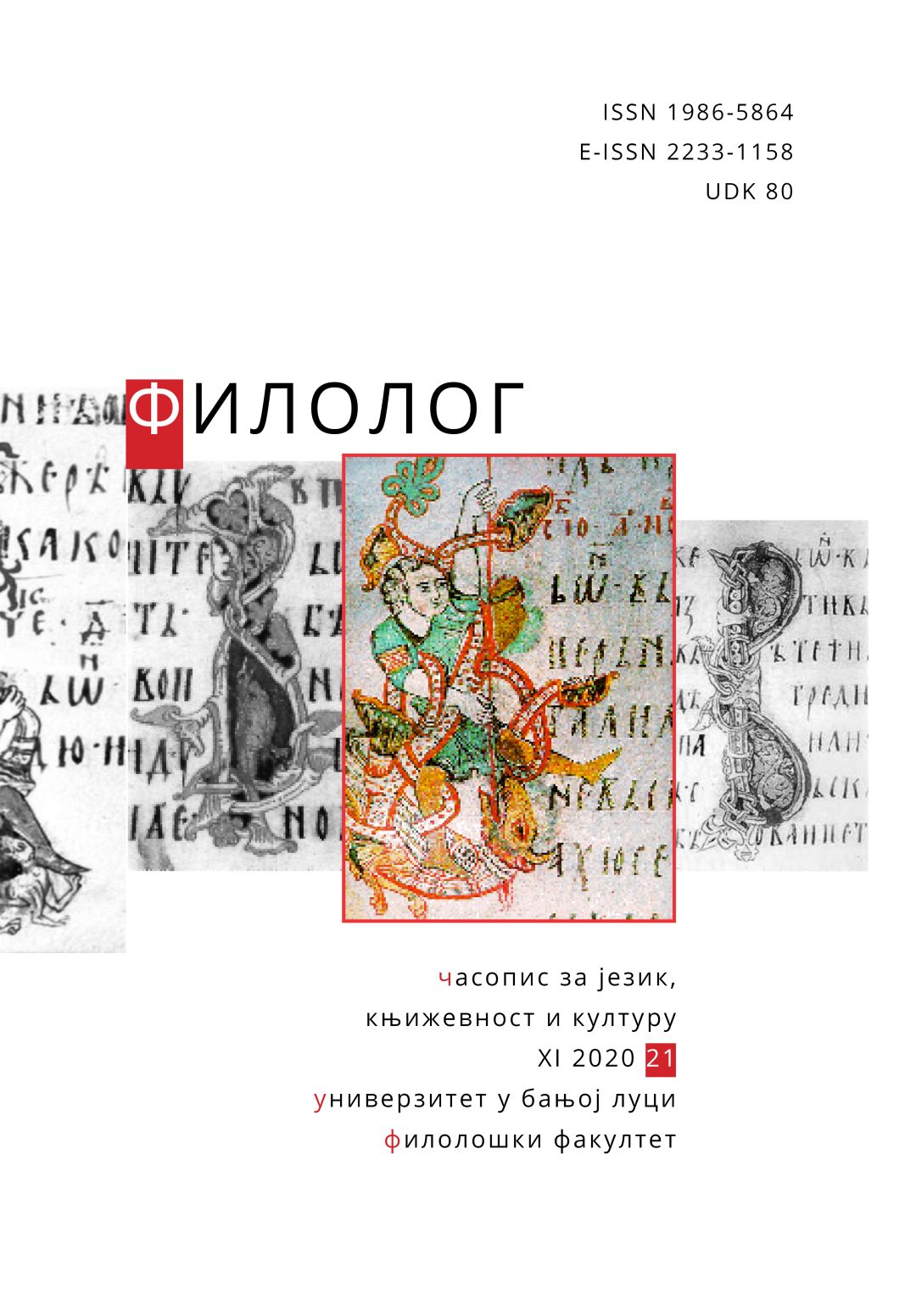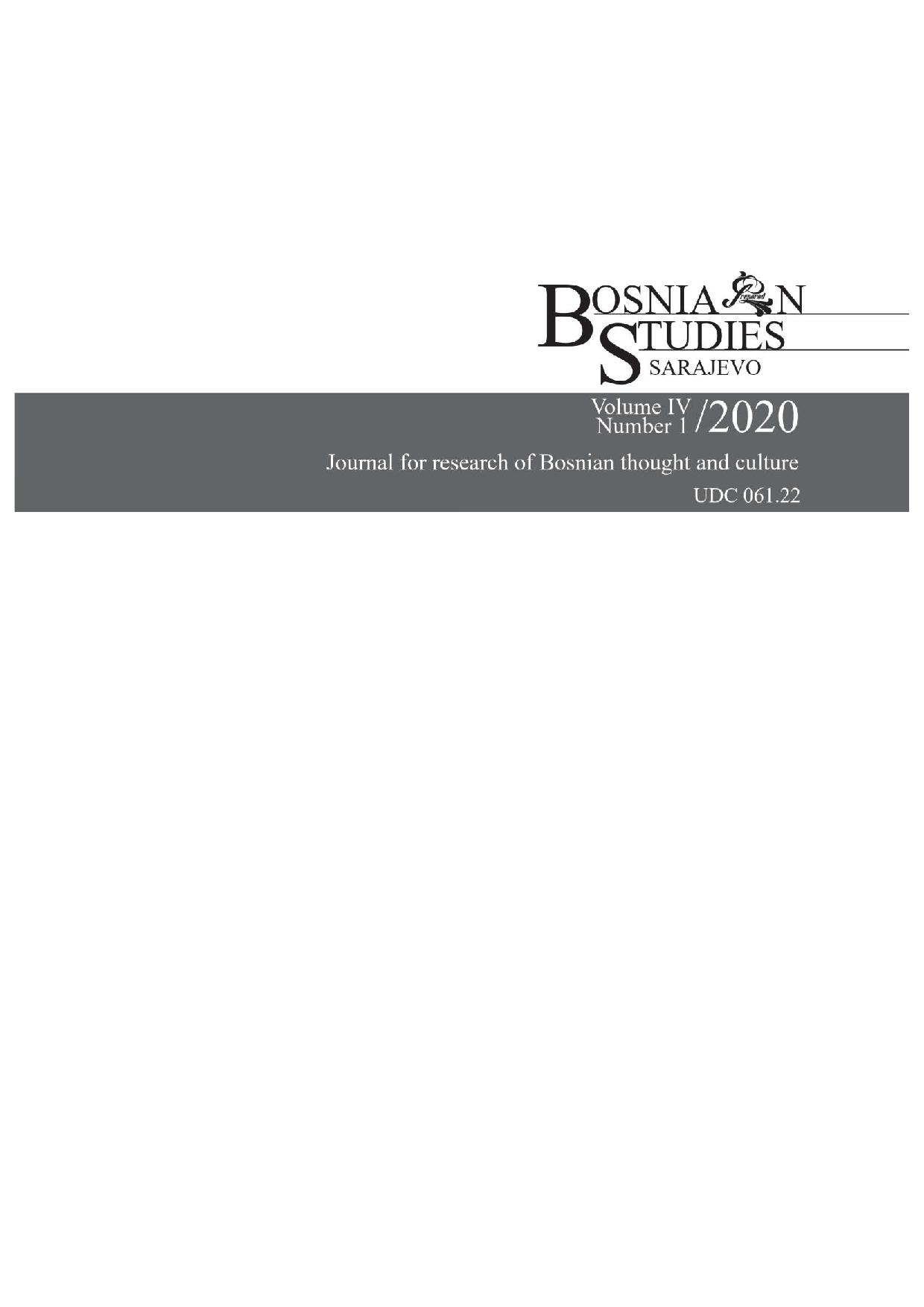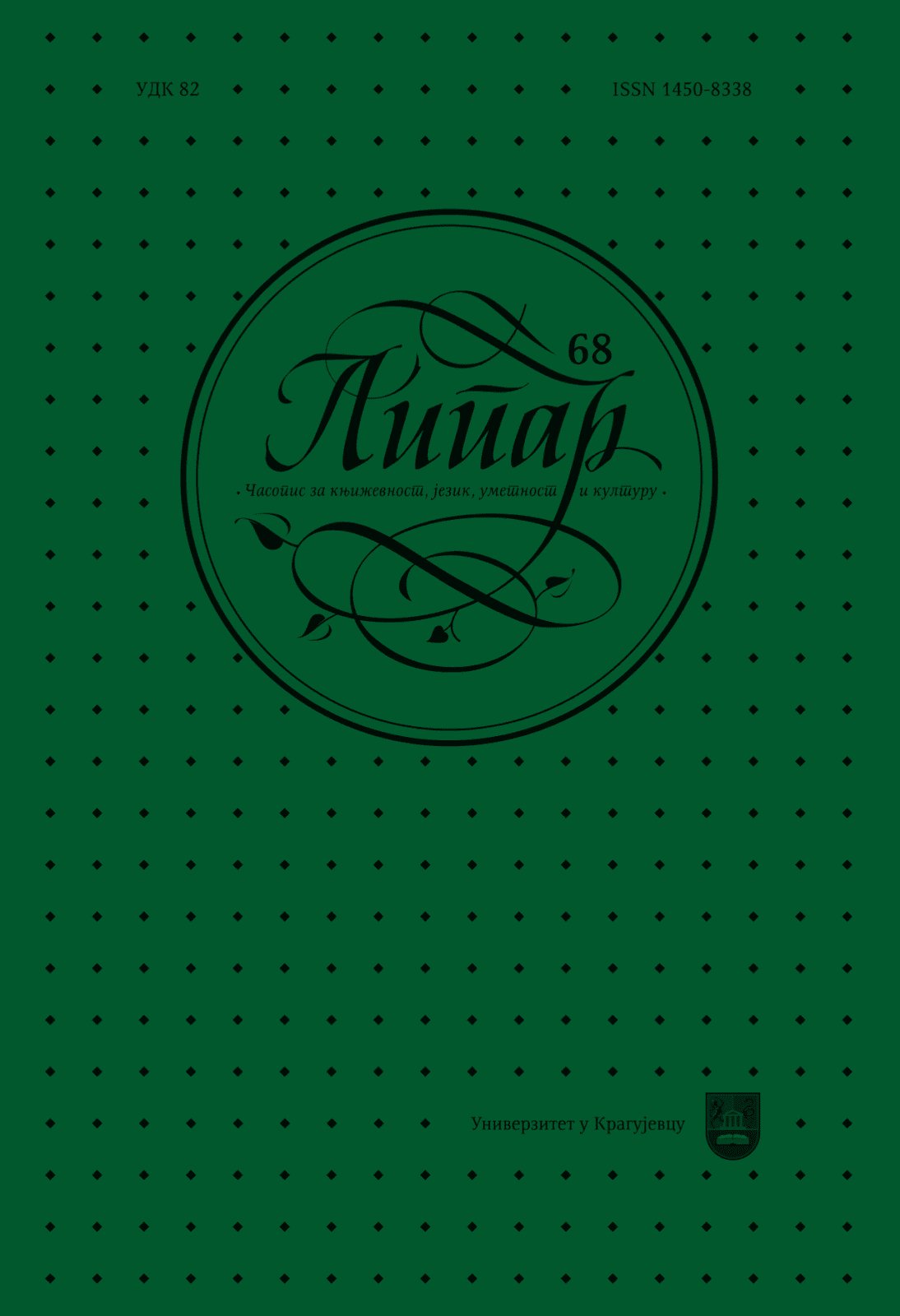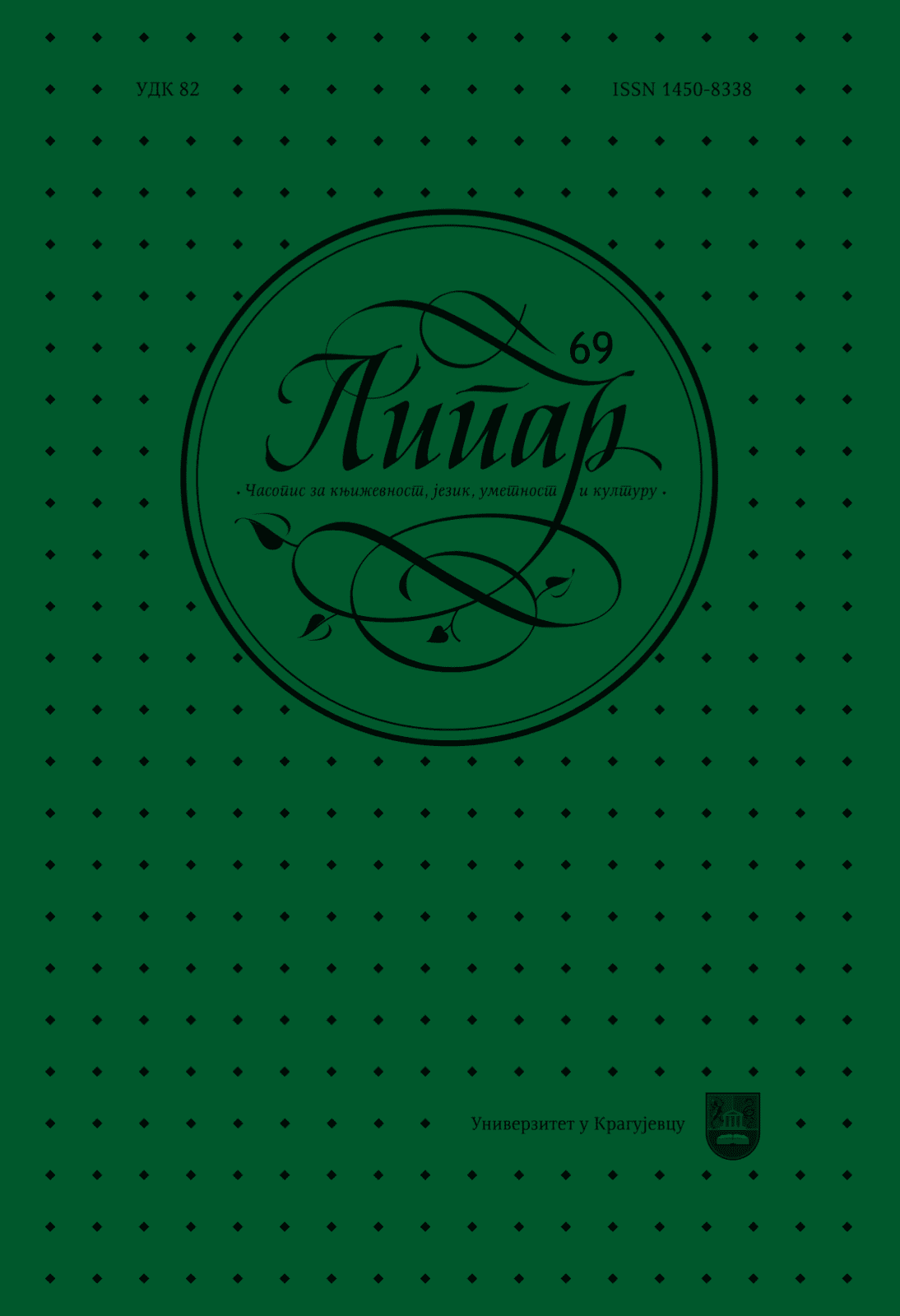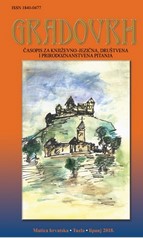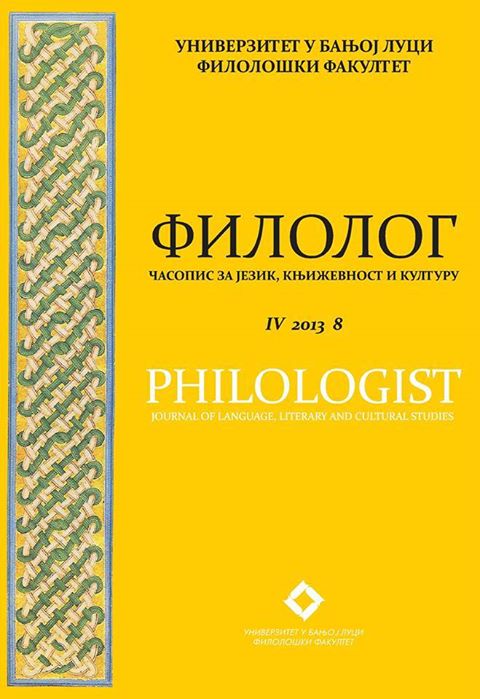
Ликови историјских драма Матије Бана између националног, политичког и приватног живота и могућност за самообликовање
This paper, through Greenblatt’s theory of self-fashioning and correlated with Foucault’s understanding of power and discourse, determines the identity of the characters of the historical dramas Marojica Kaboga and Knez Nikola Zrinjski by Matija Ban, and the possibility of their “slipping out” of their assigned roles. The identity of the characters of Ban’s historical dramas symbolized several levels: national, cultural, political and private. The invention of intent-mentioned historical drama allowed for discourse on power, and found space for self-fashioning heroes and their personal choice. The final part of the paper answers the question whether historical drama with such certain tendency can examine or expound about personal identity.
More...
